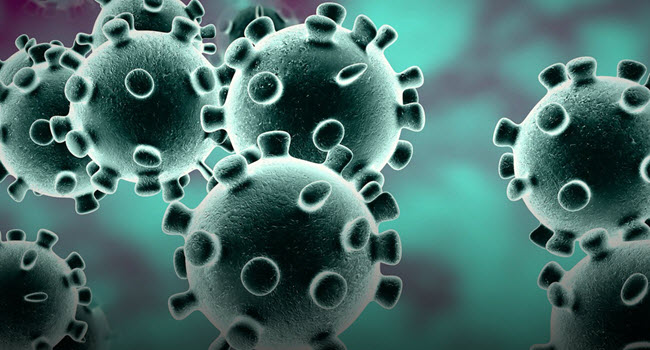[ad_1]
By E.J. Mundell
HealthDay Reporter
FRIDAY, April 24, 2020 (HealthDay News) — Malaria drugs touted by President Donald Trump as potential “game changers” against COVID-19 are actually too dangerous for general use, the U.S. Food and Drug Administration warned Americans on Friday.
According to the FDA, studies have shown that the drugs chloroquine and hydroxychloroquine may trigger potentially fatal heart rhythm problems in COVID-19 patients.
The agency also said that it’s aware of a rise in outpatient prescriptions for the two drugs, and said that health care providers and patients need to be aware of the risks associated with the drugs.
“Hydroxychloroquine and chloroquine have not been shown to be safe and effective for treating or preventing COVID-19. They are being studied in clinical trials for COVID-19, and we authorized their temporary use during the COVID-19 pandemic for treatment of the virus in hospitalized patients when clinical trials are not available, or participation is not feasible,” the FDA explained in a news release.
“Hydroxychloroquine and chloroquine can cause abnormal heart rhythms such as QT interval prolongation and a dangerously rapid heart rate called ventricular tachycardia,” the agency warned.
“These risks may increase when these medicines are combined with other medicines known to prolong the QT interval, including the antibiotic azithromycin, which is also being used in some COVID-19 patients without FDA approval for this condition. Patients who also have other health issues such as heart and kidney disease are likely to be at increased risk of these heart problems when receiving these medicines,” the FDA said.
In one Brazilian study, first reported by media last week and published April 24 in the journal JAMA Network Open, use of high-dose chloroquine by hospital patients with severe COVID-19 ended up leading to a much higher death rate.
In fact, the study, conducted in the Brazilian city of Manaus, had hoped to recruit 440 patients, but it was terminated early — with just 81 patients enrolled — when “severe adverse events” linked to chloroquine became apparent.
By day 13 of enrollment, 16 of 41 patients who got high-dose chloroquine had died, compared with 6 of 40 patients who got the drug at a lower dose, said a team led by Dr. Marcus V. G. Lacerda of the Tropical Medicine Foundation Dr. Heitor Vieira Dourado in Manaus.
Continued
Translated another way, that means that 39% of patients on the high-dose regimen died, compared to 15% of those who got low-dose chloroquine. And as the researchers explained, lab studies have suggested that “a high concentration of the drug” is needed to provide COVID-19 patients with any antiviral effect.
Writing in a commentary accompanying the study, U.S. experts Drs. Stephan Fihn, Eli Perencevich and Steven Bradley said the Brazilian findings “should prompt some degree of skepticism toward the enthusiastic claims about chloroquine.”
Two other doctors on the front lines of the coronavirus crisis agreed.
“Even though we are in the midst of a pandemic, we must still proceed with the utmost of caution, especially when treating older patients with heart disease, since these patients may be at higher risk for adverse outcomes with chloroquine and hydroxychloroquine,” said Dr. Robert Glatter. He’s an emergency physician at Lenox Hill Hospital in New York City.
“We don’t have the all the answers yet, but results of this trial do demonstrate increased cardiac risk associated with high-dose treatment of chloroquine,” Glatter said.
Dr. Teresa Murray Amato is chair of emergency medicine at Long Island Jewish Forest Hills, also in New York City. Reading over the Brazilian findings, she said that due to the urgency of the coronavirus pandemic, there’s been a rush to try treatments without proof of safety or effectiveness.
“Because there has been public discussions of these medications having benefit, physicians have been using the medications with little to no robust research to guide the usage and dosages of these medications,” Amato said.
While more research into chloroquine and hydroxychloroquine could be conducted, the Brazilian findings “may help guide clinicians to consider not using high-dose chloroquine in COVID-19 treatment,” she said.
















